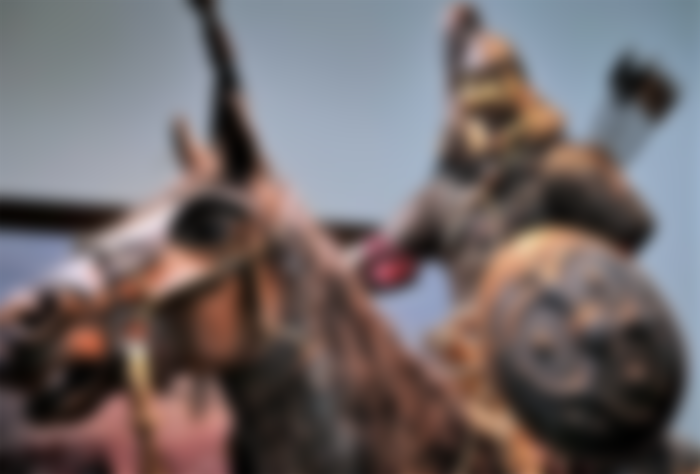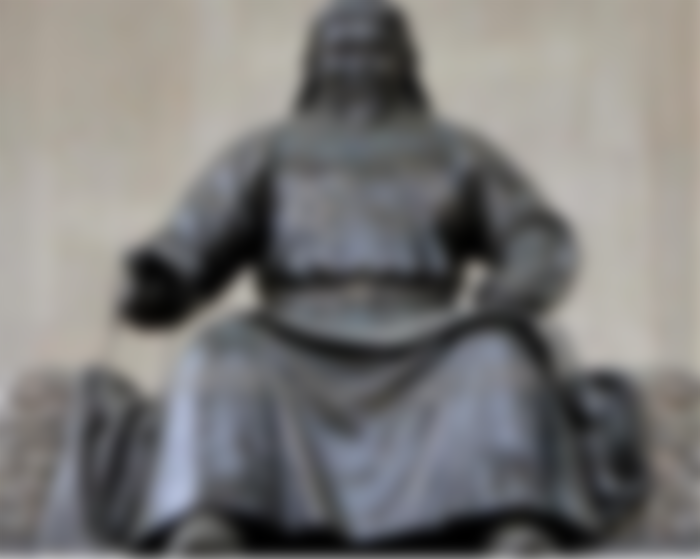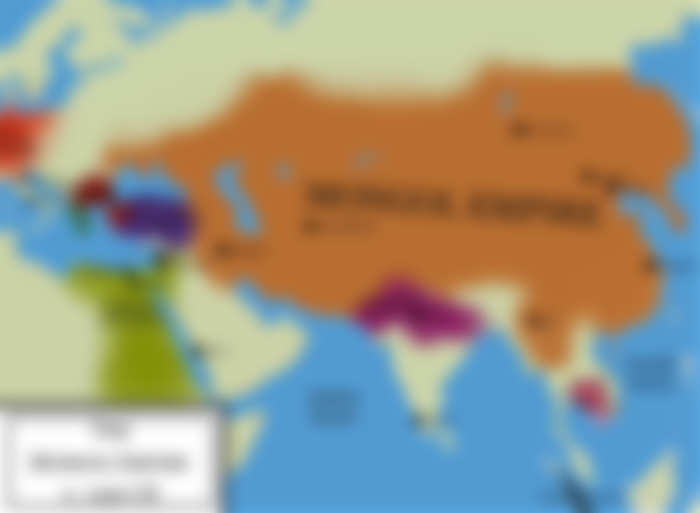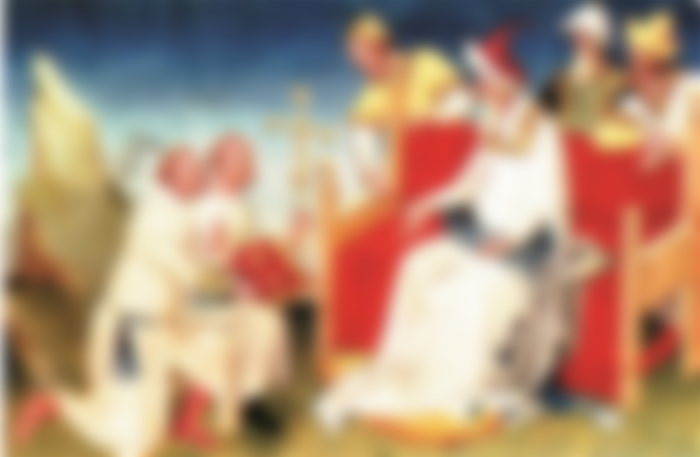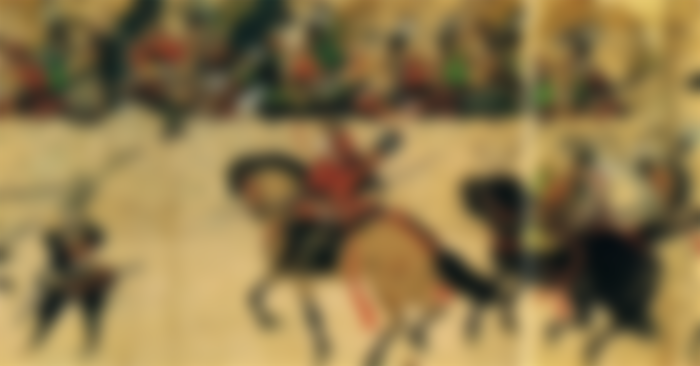Kublai Khan was a Mongol emperor and one of the most powerful emperors in the world. As leader of the Mongol Empire, he overthrew the Song dynasty in southern China and established foreign rule for the first time in China.

Under Kublai Khan's rule, China prospered and he developed trade with Europe and other parts of Asia. By his death in 1294, Kublai Khan had truly earned the title of Grand Khan, the greatest Mongol chief. His grandfather Genghis Khan, the founder of the Mongol state, commanded an army that extended his rule to vast areas, massively destroying cities and turning their population into slaves. Unlike his grandfather, his grandson was a cold-headed man, ready to learn from his mistakes - both someone else's and his own.

An extremely pragmatic man, he is remembered as the first great Kan Buddhist - and in the Tibetan tradition - and he showed a strong inclination towards Chinese culture: in the administration, for example, he surrounded himself mostly with Chinese advisers. Having founded the capital Khanbalik or "Khan's city" (today's Beijing), he proclaimed himself the founder of the Yuan dynasty. By 1279, he had taken over this entire populous country, which had prospered economically under his rule, conquered Korea and Indochina, and his supremacy was recognized by all the Mongol states from the Golden Horde in Russia to China.

In the struggle for power, in order to become a khan at all - the supreme ruler of the Mongols - he had to defeat his younger and bloodthirsty brother Arik Beke. This one, unlike him, was not the least bit pragmatic - he planned to simply kill the Chinese and turn those parts of their country into pastures for Mongolian horses… Kublai, fortunately, listened to the advisers, concluding that there was more benefit from a living Chinese paying taxes than from a dead man who does not.

He became famous in Europe mainly thanks to Marco Polo, who spent several years at his court. Later, in the book "Book of Wonders of the World", also known as "Million", the sailor wrote about the canoe as the ideal of a universal ruler. Polo was largely right: Kublai Khan propagated religious tolerance and maintained diplomatic relations with European Christian rulers and the Roman pope, but also with Muslims.

During his reign, in China, anyone whose crops were destroyed by lightning was exempt from taxes for the next three years. Kublai Khan introduced many changes to Chinese society. He reintroduced civil service based on the merits of governing the country by recruiting his staff among scholars of different nations, but excluded the Chinese. He retired many members of the old Chinese civil service. Kublai also prepared a standardized code, built a Chinese education system, and introduced the use of paper banknotes.

On two occasions - in 1274 and 1281 - he tried to conquer Japan, but both times the naval invasion ended ingloriously. The Mongol army had better weapons and tactics, but the wind of war twice thwarted its plan - when we say wind, we really mean the wind! Namely, a strong typhoon destroyed most of the Mongol ships, which caused the number one invasion to fail. Convinced that force majeure had intervened in the climate, the Japanese had since begun to call the typhoon kamikaze ("divine wind"). The second invasion was a copy of the first: Kublai Khan's troops were again stopped by a stormy wind, and the Japanese believed that his emperor had summoned him, having just arrived from a pilgrimage on which he prayed for divine help!
